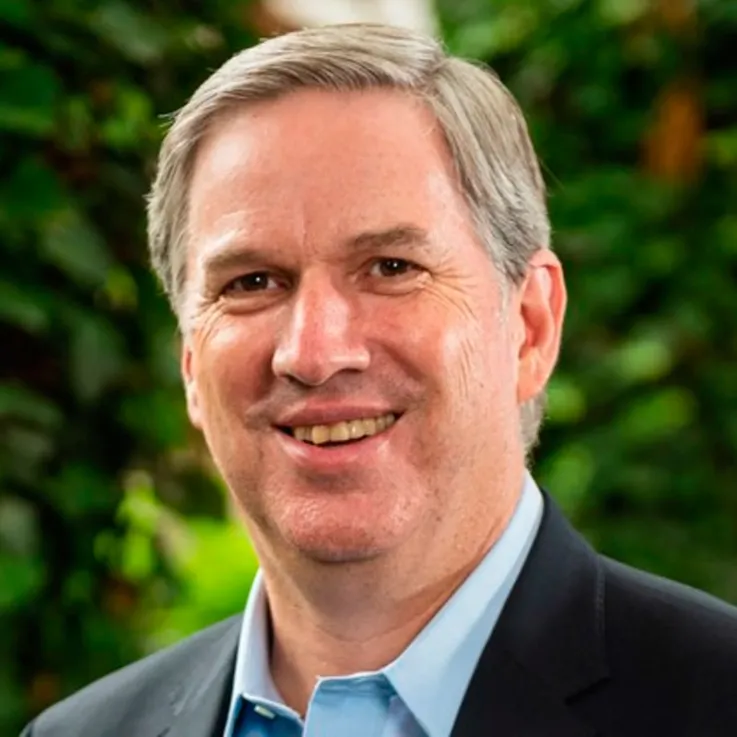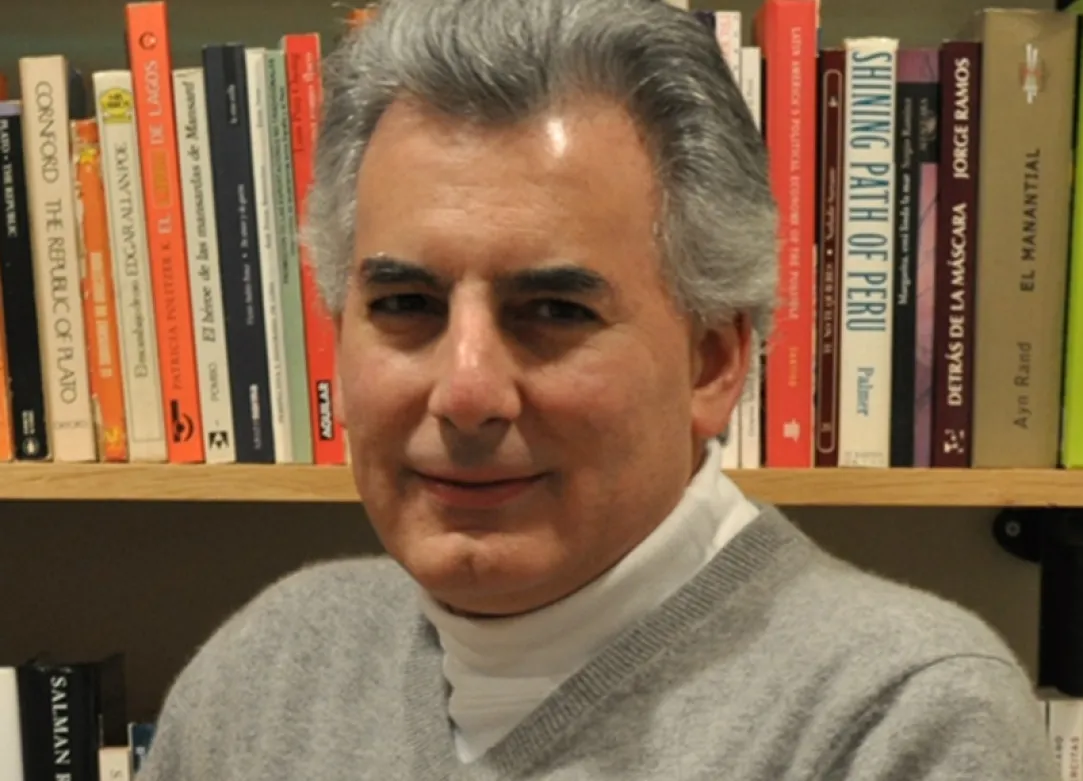Dr. Cristián Samper, a tropical biologist and an international authority on conservation biology and environmental policy. He was appointed (in 2022) as Managing Director and Leader of Nature Solutions at the Bezos Earth Fund to lead a $3 billion nature solutions portfolio to protect and restore nature and transform food systems as part of Jeff Bezos' $10 billion personal commitment to protect nature and fight climate change.
Previously, he served as former President and CEO of the Wildlife Conservation Society (since 2012). He joined WCS after serving for a decade as Director of the Smithsonian Institution’s National Museum of Natural History, the world’s largest natural history collection.
At WCS, Dr. Samper led the preeminent conservation organization with field programs in 65 nations and in all the world’s oceans; and oversaw the Bronx Zoo, New York Aquarium, Central Park Zoo, Prospect Park Zoo and Queens Zoo, which welcome more than 4 million visitors annually.
As Director of the Smithsonian Institution’s National Museum of Natural History, Dr. Samper ran a natural history collection with more than 126 million specimens and artifacts, attracting 7 million visitors a year. During his tenure at the Smithsonian, Dr. Samper: renovated the exhibitions; reinvigorated the research staff by hiring new curators to replace retiring staff; established an endowed fellowship program; built major new collections, storage facilities, and laboratories; and raised more than $300 million to support new long-term exhibitions and programs, including the Encyclopedia of Life and the Sant Ocean Hall. Dr. Samper served as Acting Secretary of the Smithsonian Institution in 2007 and 2008, overseeing museums in science, history, art and culture, as well as the National Zoo. He worked with the Board of Regents on comprehensive governance review and reform, secured funding from Congress to address the financial needs for facilities, and initiated the planning for the Institution’s first national fundraising campaign.
Prior to working in Washington, D.C., from 2001 to 2003, he was deputy director and staff scientist at the Smithsonian Tropical Research Institute in Panama, the world’s largest research facility for tropical biology. From 1999 to 2001, he served as chairman of the Subsidiary of Scientific, Technical, and Technological Advice of the United Nations Convention on Biological Diversity. In this role, he helped develop a global strategy for plant conservation and launched the Millennium Ecosystem Assessment, designed to determine the consequences of ecosystem change for human well-being and provide a scientific basis for action to conserve and use ecosystems sustainably.
From 1995 to 2001, Dr. Samper was the founding director of the Alexander von Humboldt Institute, the national biodiversity research institute of Colombia. He was responsible for developing the National Biodiversity Policy for Colombia and served as chief science advisor for biodiversity for the Colombian government. Prior to that, he served as director of the environment division of the Foundation for Higher Education in Colombia and was a moving force behind the establishment of a network of private nature reserves and major environmental education programs throughout Colombia. In 2001, he was awarded the National Medal of the Environment by the President of Colombia.
Known for his contributions to the world’s understanding of the ecology of the Andean cloud forests, conservation biology, and environmental policy, Dr. Samper is a member of the boards of the Carnegie Institution for Science, Bioversity International, and Harvard University's Board of Overseers. He has served on the boards of the World Wildlife Fund, The Nature Conservancy, and the American Association of Museums; as Vice-Chair of the IUCN Species Survival Commission; and as a member of the Scientific and Technical Advisory Panel of the Global Environment Facility (GEF).
Born in San José, Costa Rica and raised in Colombia, Dr. Samper studied biology at the Universidad de Los Andes in Bogotá and earned his master’s and doctorate degrees in biology from Harvard University, where he was awarded the Derek Bok prize for excellence in teaching. He lives in New York with his wife and two children.




